Made Visible: An interview with playwright Deborah Pearson
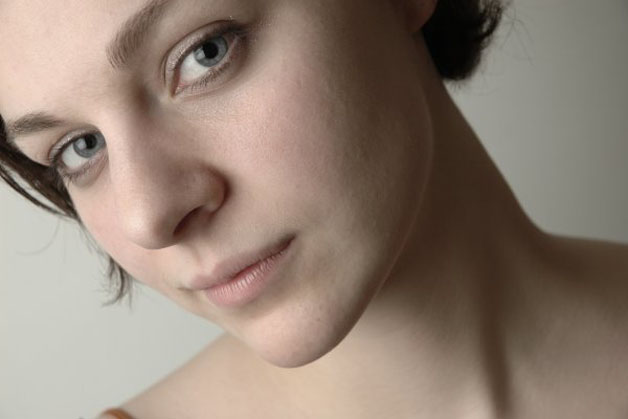
Deborah Pearson is a writer, performer, producer and the founder of multi-award winning organisation Forest Fringe, not to mention the winner of more than a few theatrical awards. Her newest play, Made Visible, opens at the Yard Theatre in East London this March. The Upcoming caught up with Deborah to hear about meta-theatre, workshopping and the challenges involved in talking about being white.
You’ve mentioned your uncertainty in how to talk about race as a white woman. In Made Visible, have you found your answers, or opened more questions?
There are definitely more questions than answers. I am interested in undoing the privilege of “invisibility” that socially dominant groups enjoy: the ways in which male isn’t discussed as a gender, heterosexual isn’t seen as a sexual preference, or white rarely gets discussed as an ethnicity. I think what’s problematic about this is that, by pretending that these categories don’t exist, those who belong to those groups aren’t encouraged to question the prejudices and subjective experiences that they may be experiencing as a result of belonging to that group. And at its worst, this ignorant approach to taking ownership for your own subjectivity leads white people, men, heterosexuals, to think that they can be “objective” about racism, sexism or homophobia, because they might have the illusion that they aren’t directly implicated in these problems. But of course they are directly implicated by virtue of the fact that they unfairly and silently benefit from the oppression of those that don’t belong to the same groups. And worse yet, we then wonder why there are so many ethnic stereotypes and two-dimensional characters of colour on television or in films, when it seems like the obvious answer is that those characters are very frequently written by white people, who aren’t objective, who are limited by their lack of experience and their subjective life experiences. This is all very difficult to talk about without sounding overly academic, but I was really affected by reading Peggy McIntosh’s piece, Unpacking the Invisible Knapsack, where she describes the importance of white people unpacking the invisible backpack of white privilege.
What is it that makes theatre a platform so well-suited to addressing inequality and other social ills?
Andy Smith talks about this in his PhD and in his piece Commonwealth. The theatre is a room of people gathered together, in the same place at the same time, willing and wanting to grapple with difficult questions. That’s a space that is full of radical potential.
Do the two strangers from Victoria Park know about the play they inspired?
These strangers do not necessarily exist, so I can’t answer that question. I have always and will always remain ambiguous as to whether or not this was really inspired by a true story. It’s up to the audience to decide or reflect on that.
Do you have a favourite moment in Made Visible that you are able to tell us about (without spoilers)?
The whole play is very meta, and I love meta-theatrical stuff. I think what I’m particularly excited about though is that the content of this piece: the idea of a white writer being asked to unpack their “invisible knapsack” of privilege and subjectivity, live in front of an audience, means that the meta-theatricality of the piece feels justified by the concept. I would probably do it even if it didn’t though. I have always found the fourth wall to be a weird convention. I like when theatre is honest about itself – about the fact that somebody wrote this, people are performing it, someone directed it, and the audience are here to watch it. We’re not really in a living room. We’re in a room together that is full of possibilities.
When it comes to the attitudes of our generation, are you hopeful or cynical?
I vacillate between the two. I used to be hopeful, lately I’m cynical. That might be as a result of being over 30. I hope I become hopeful again.
What is it you like about creating work that’s part-devised?
This piece was part-devised with the workshop cast in July. When we workshopped in July there was a new script every day that was very much inspired by the conversations I was having in the room with those three women. It was so important for me to get out of my head with this piece, to make sure that it spoke to and could reflect the ideas and conversations of a variety of people from different backgrounds and of different ages. It was a real privilege to be able to do a bit of devising with those actresses and to let my script react and be in dialogue with that workshopping process.
When writing for theatre, how many drafts do you tend to get through, and how do you know your piece is ready for rehearsal?
This piece has been through many drafts and has at least one more ahead of it before we open. I usually get to the point as a writer or a creator where I feel like I can’t go any further alone. That’s when I know that I need to scratch the piece or get somebody else in to watch part of the process or to take part in the process. I tend to do a lot of this – usually around five distinct moments of “exposure” for a piece – before I get to something that feels almost finished. When I perform in my own work I usually continue tailoring it and shifting it in response to the audience even after the piece has “premiered.”
You shared your unfinished work as part of Jerwood First Drafts at The Yard. How valuable was the feedback you received?
Extremely valuable. Watching an audience react to and sit with the piece made for some quite important changes. I could feel where the jokes landed, when the room got “hot” or tense, and I spoke with friends and colleagues extensively after the piece about where they felt like it was succeeding, and where they felt like it fell short or was over-simplifying the conversation.
You’re a performer and producer as well as a writer. Does performing help to inform your writing? Does your writing affect the way you perform?
Yes it absolutely does. I only perform in my own work for the most part. I think my performance style is very much dictated by my writing, and vice versa. Perhaps the most difficult thing about this process is separating my impulses as a performer from what I’m writing, since I can’t and won’t be performing in the piece.
Do you have a favourite theatre or performance space?
I like them all. I enjoyed performing at the new Theatre Centre in Toronto recently. I owe a lot to Battersea Arts Centre as I really grew up as an artist through scratching my work there. But I don’t like to play favourites.
Laura Foulger
Made Visible is on at The Yard Theatre from 15th March until 9th April 2016, for further information or to book visit here.

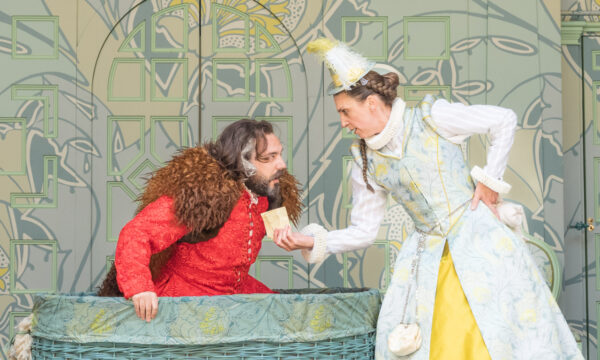
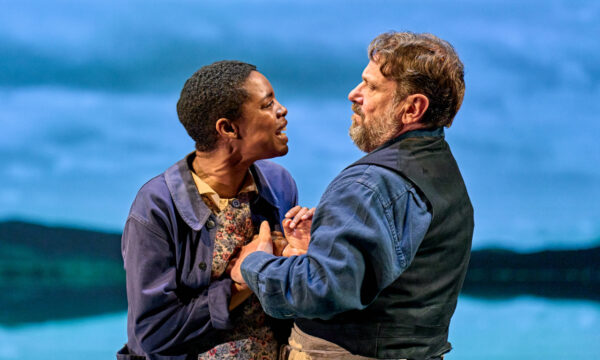
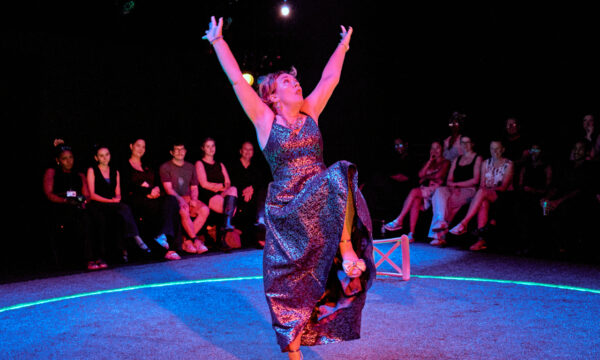
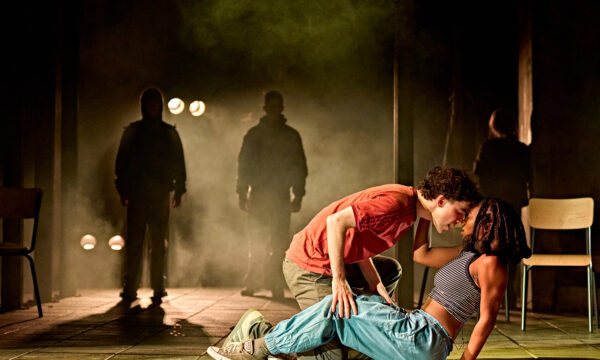
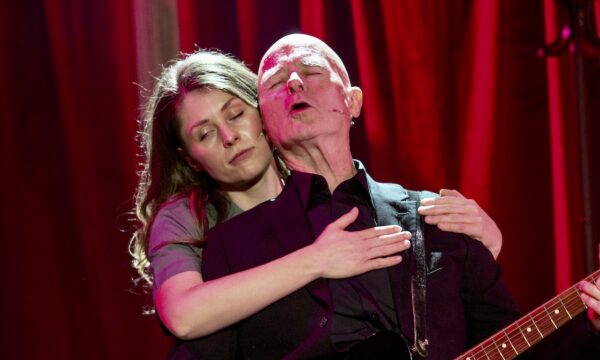
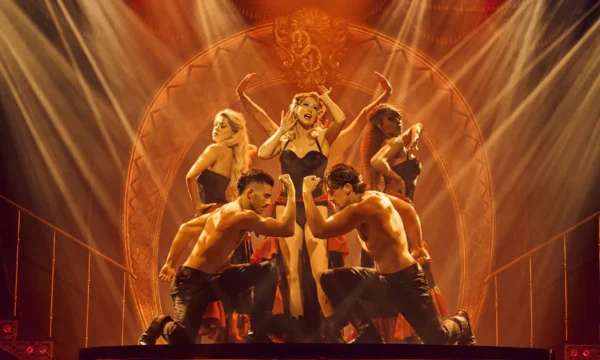
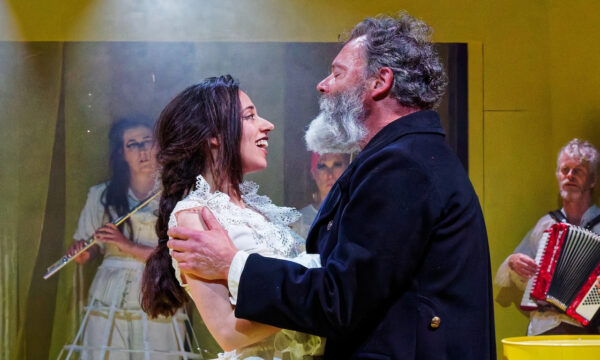
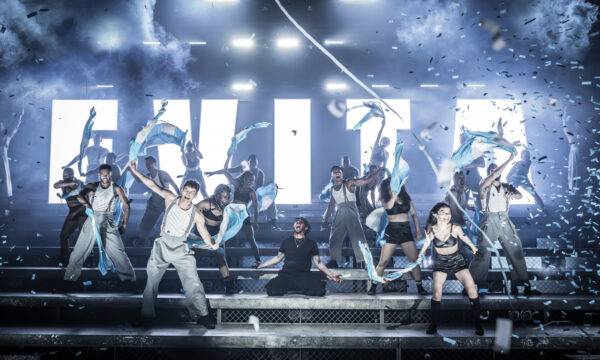
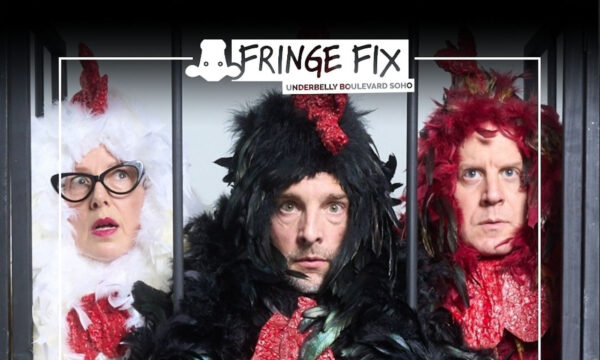
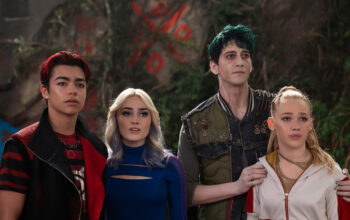
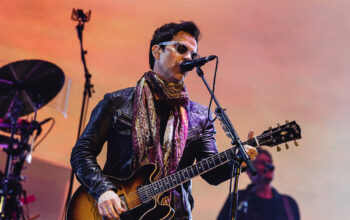
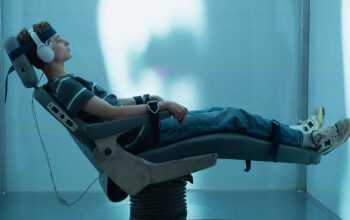
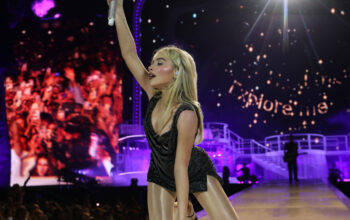
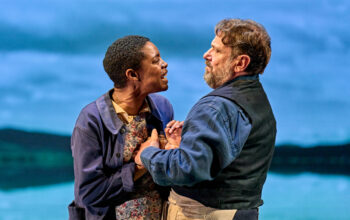
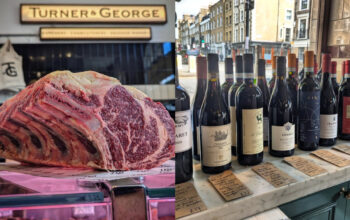
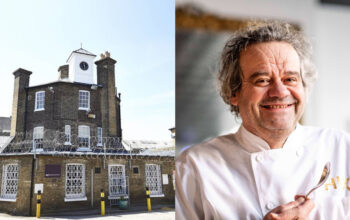


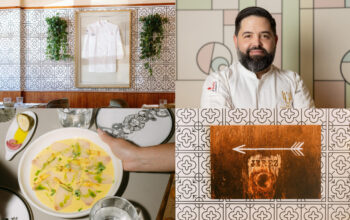
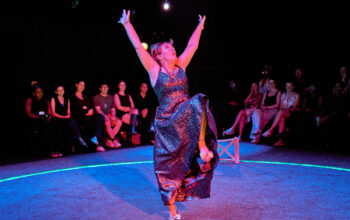
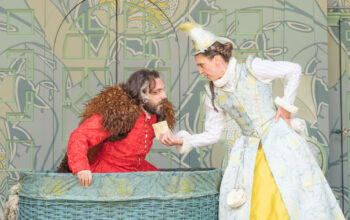

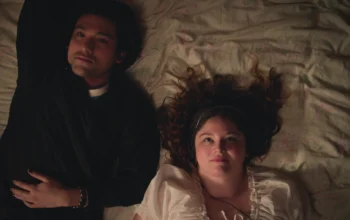
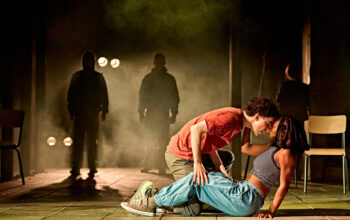
Facebook
Twitter
Instagram
YouTube
RSS